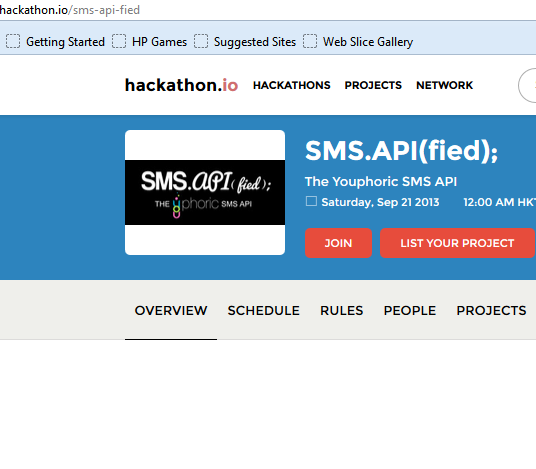
IRRI and Smart officials with the winning team, PhilRobotics: (L-R) Marco van den Berg, IRRI chief information officer; Ramon Isberto, Smart public affairs head; Robert Zeigler , IRRI director general; PhilRobotics members Richard Myrick Arellaga, Franklin Binos II, Johnaray Dimaunahan, and Wayne Dell Manuel; Bruce Tolentino, IRRI deputy director general for communications and partnerships, and Paul Pajo, Smart developer evangelist.
For its project Envilog, a device that can provide environmental readings of rice crop, PhilRobotics, a group of programmers, electronics enthusiasts, engineers, and technicians, recently won the Most Innovative App award in the recent “Bigas Hackathon” organized by the International Rice Research Institute (IRRI) and Smart Developer Network (Smart DevNet), the developer community arm of Smart Communications, Inc.
PhilRobotic’s Envilog, which stands for Environmental Logging System, consists of a portable device that can take readings of temperature, humidity, rainfall, amount of sunlight, wind speed, wind direction, atmospheric pressure, and water height in rice fields.
The battery- and solar-powered device will be of great use to rice researchers and other parties who want environmental data at their fingertips anytime, wherever they are. It can send stored data via GSM, a standard way of sharing data on mobile networks. GPS and SD card options can be used to save or back up data.
The Bigas Hackathon was a focused innovation competition that brought together software developers, hardware developers, interface designers, and other IT enthusiasts who wanted to use their skills to help improve rice farming, awareness, and research.
It allowed participants to use their highly specialized skills to find solutions to technological challenges that extension officers, agricultural scientists, rice farmers, and consumers face.
Other winners in the Bigas Hackathon were Araro, a text-based simulation game; Binhi, a rice variety picker; and ISWater, which gathers data on soil water level through sensors and notifies farmers or researchers via a mobile app.
The PhilRobotics team continued to improve Envilog after the Hackathon.
“We worked on making last year’s Envilog more versatile so that researchers can opt only for the sensors they need, such as for temperature, humidity, wind speed, and not others. We’re also currently trying to develop an interface that allows rice researchers to export data into MS Excel when they need to,” said the team’s group leader Franklin Binos II.
“Plus, I think this upgraded version basically now works pretty much like an automated weather station,” he added.
PhilRobotics was officially formed in 2010 to “turn the members’ passion into a hobby.”
“We’re like any ordinary group, except that, when we can, we like to put together bots and anything that involves hardware, software, or both. Every Saturday, we meet at a friend’s place who, fortunately, is a supplier of hardware parts, and work on our projects there. Sometimes we put together a minibot, and then discuss ideas among ourselves,” said Frank.
“The Bigas Hackathon was the first experience of the kind that we had, and we enjoyed it very much,” he added.
Frank said the Bigas Hackathon opened a lot of doors for them and expanded their knowledge about rice science.
“At first, I thought that agriculture was only about planting and then harvesting. But through the Hackathon, I learned the importance of technology for agriculture, especially as a tool for doing research. I’ve learned that accurate and precise technology is involved when it comes to developing better rice,” he said.
He encouraged other tech enthusiasts to join the sequel to the Hackathon, called Bigas2 Hack, which is again being organized to be held this year, the National Year of Rice, by IRRI and Smart.
Bigas2Hack will be held on August 31–September 1 at the IRRI Headquarters in Los Baños, Laguna. Interested developers only need to register at http://bigas2hack.eventbrite.com/.








